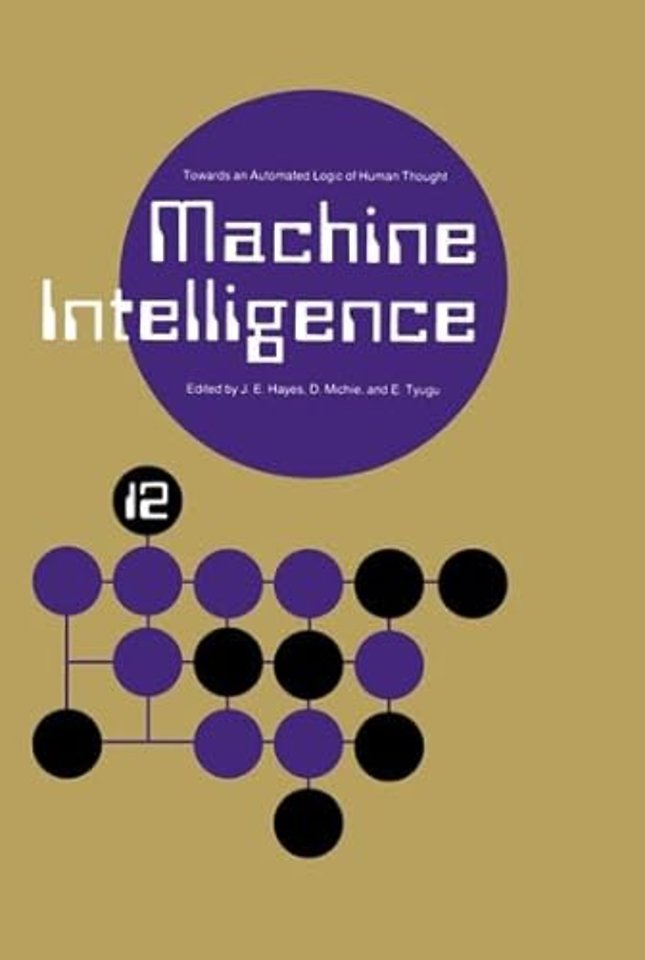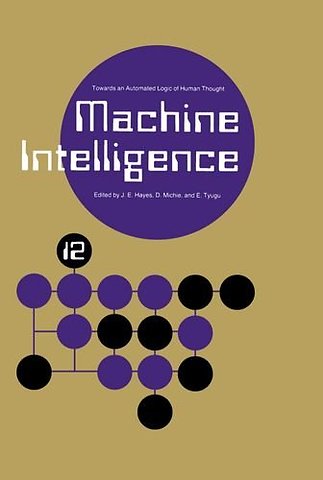MECHANICS OF KNOWLEDGE PROCESSING: E. Tyugu: Modularity of knowledge; G. Mints: Propositional logic programming; A. Lomp: Computational models in Prolog; S. Lange: On the construction of unifying terms modulo a set of substitutions; T.B. Niblett: Plausible inference and negation in Horn clause logic; B. Arbab: A note on first-order theories of individual concepts and propositions; INDUCTIVE FORMATION OF PROGRAMS AND DESCRIPTIONS: S.H. Muggleton: Inverting the resolution principle; M. Bain & S.H. Muggleton: Non-monotonic learning; W. Buntine & D. Stirling: Interactive induction; J. Barzdin, A. Brazma, & E. Kinber: Models of inductive syntactical synthesis; OPTIMALITY AND ERROR IN LEARNING SYSTEMS: J.G. Ganascia: Deriving the learning bias from rule properties; C. Sammut: Error tolerant learning systems; D. Michie & A. Al-Attar: Use of sequential Bayes with class probability trees; QUALITATIVE REPRESENTATIONS OF KNOWLEDGE: I. Bratko: Exploring structures: an exercise in model-based interpretation and planning; P. Mowforth & T. Zrimec: Learning of causality by a robot; A. Makarovic: A qualitative way of solving the pole balancing problem; APPLICATIONS AND MODELS OF KNOWLEDGE ACQUISITION: J. Nievergelt: Information content of chess positions: implications for chess specific knowledge of chess players; R. King: Promis: experiments in machine learning for prediction of protein folding; I. Mozetic, I. Bratko, & T. Urbancic: Varying levels of abstraction in qualitative modelling; S. Oshuga: Design of knowledge processing systems - principle and practice.

